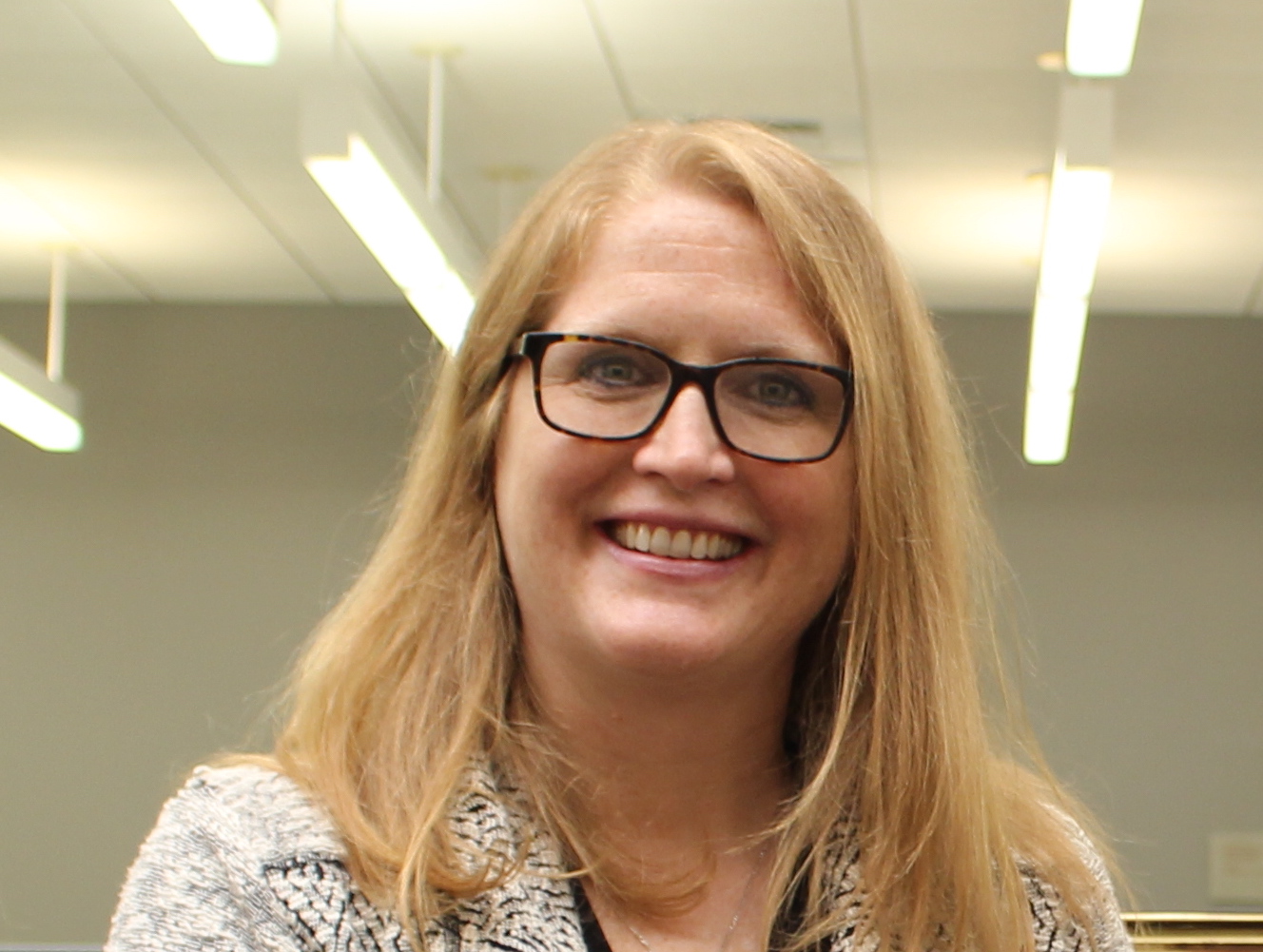
Department Spotlight: The Health Sciences Library (HSL) Offers Abundant Resources to the NYMC Community
The Health Sciences Library (HSL) Offers Vital Resources Ranging from Informational Resources to Printing Services and Much More, Supporting the Academic Needs of Students and Faculty

Located in the Basic Sciences Building (BSB), the Health Sciences Library (HSL) is full of useful resources and a knowledgeable team, led by Marie T. Ascher, M.S., M.P.H., the Lillian Hetrick Huber Endowed Director of the HSL. They work constantly to make sure the dedicated students and faculty at New York Medical College (NYMC) have their research and scholarly needs supported.
Ms. Ascher provided insight into the responsibilities of the HSL and the depth of resources available to the NYMC community.
Q&A
What are your department’s responsibilities?
The Health Sciences Library is responsible for meeting the information needs of the NYMC community. We do this in several ways. We provide access to the information resources needed either via direct access to the collection of resources that we own or subscribe to, or via interlibrary loan and document delivery services. We are responsible for teaching users to navigate our systems, to ask the right questions, to select appropriate databases to find the answers and documents they need, and how to access them. We are also embedded in the curriculum across all three schools teaching students not only how to navigate and access, but also to critically appraise materials consistent with evidence-based medicine (EBM) and healthcare practice. The HSL maintains the two locations—one in the Basic Sciences Building and one at 19 Skyline Drive— in order to provide an optimal 24/7 study environment for our students. We also house the NYMC Archives and historical collections.
How would you describe the day-to-day functions of your department?
Day to day operations largely include taking and responding to reference and search requests—mostly received through the Ask A Librarian system online; filling interlibrary loan and document delivery requests; and delivering educational content either through our own workshops or seminars, in special sessions in courses, or through the EBM curricular theme in the School of Medicine (SOM). Additionally, we support scholarly activities directly through the production of an annual faculty bibliography, poster printing services and thesis binding. We have an archivist-historian, Nicholas Webb, MSIS, in the library who produces the historical posters and placards displayed around campus and we develop programming. One of the most important things we do overall is make evidence-based collection decisions and do the technical work needed to make sure that everything we own and even those resources we don't own are seamlessly available to the NYMC community.
What is the department’s most-asked question by students/faculty/alumni?
We don’t have a most-asked question, although we are in the business of answering questions. We respond to questions all day long ranging from our hours and citations to complex research questions. Some of our most common questions are related to online access to our authentication system, Open Athens. It is important to hear those questions so we can tweak our system or show temporary workarounds if necessary.
What is one thing you'd like students to know about your department?
We are here for you. The library is like a complicated puzzle with 16 full-time staff who perform various functions. The staff at the front desk mostly oversee the daily operations of the facility and provide document delivery and interlibrary loan services. The reference librarians have an office in the back of the library where they help with research questions, and navigate resources, as well as consult and teach. Other librarians are focused on collection development and scholarly communications while other staff perform services like poster printing and collecting usage data. Whatever your information need, we are here to work with you. Just ask.
Who can the NYMC members reach out to if they have questions?
For most questions, comments, or suggestions, the best way to communicate is via the Ask A Librarian system on the library web page. Reference librarians and other library staff are logged in to this system and responsive during all library service hours, which can be found on the library website. Someone will always respond within two business hours. If you have a research project and you'd like to schedule a consultation with a librarian, you can also do that through the library website.

